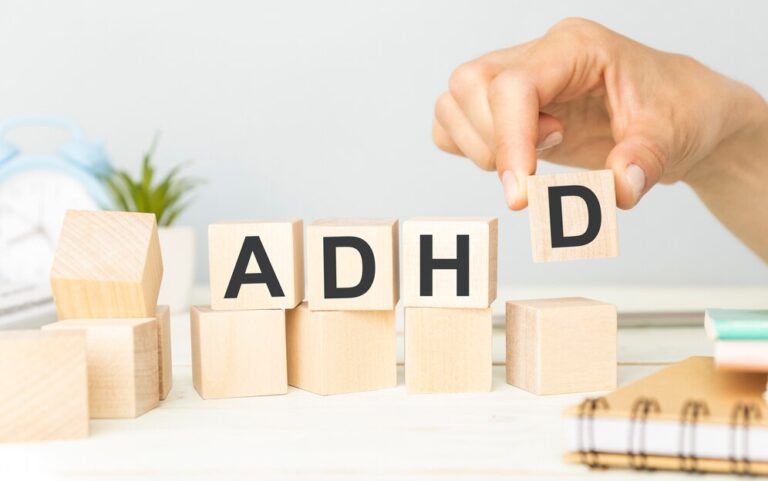Understanding ADHD: Unraveling the Complexities of Attention Deficit Hyperactivity Disorder.
Attention Deficit Hyperactivity Disorder (ADHD) is a neurodevelopmental disorder that affects both children and adults, impacting their ability to focus, control impulses, and regulate energy levels. First identified in the early 20th century, ADHD has gained increasing recognition and understanding in recent decades, shedding light on the challenges faced by individuals living with this condition.
Defining ADHD
ADHD is characterized by persistent patterns of inattention, hyperactivity, and impulsivity that can interfere with daily functioning and quality of life. The disorder manifests in various ways, leading to three main subtypes: predominantly inattentive, predominantly hyperactive-impulsive, and combined presentation. Individuals with the predominantly inattentive subtype may struggle with focus, organization, and attention to detail, while those with the hyperactive-impulsive subtype may exhibit restlessness, impulsivity, and difficulty in sitting still.
Prevalence and Diagnosis
ADHD is a prevalent condition, with estimates suggesting that it affects approximately 5-10% of children and 2-5% of adults worldwide. Diagnosing ADHD is a complex process that involves a comprehensive assessment, considering behavioral observations, medical history, and psychological evaluations. It is important to note that ADHD is not solely a childhood disorder; many individuals continue to experience symptoms into adulthood.
Neurobiological Basis
Research has revealed that ADHD has a neurobiological basis, involving differences in brain structure and function. Key areas implicated include the prefrontal cortex, responsible for executive functions such as impulse control and attention, and the neurotransmitter systems involving dopamine and norepinephrine. These differences contribute to the challenges individuals with ADHD face in regulating attention, behavior, and emotion.
Impact on Daily Life
The challenges associated with ADHD can impact various aspects of daily life, including academic and occupational performance, relationships, and overall well-being. Individuals with ADHD may struggle with time management, organization, and completing tasks. Impulsivity and hyperactivity can affect social interactions, leading to difficulties in forming and maintaining relationships.
Treatment Approaches
While there is no cure for ADHD, various treatment approaches can help manage symptoms and improve functioning. The most common interventions include:
- Medication: Stimulant medications, such as methylphenidate and amphetamines, are commonly prescribed to manage ADHD symptoms. Non-stimulant medications, such as atomoxetine, are also available.
- Behavioral Therapy: Behavioral interventions, including cognitive-behavioral therapy (CBT) and behavior modification techniques, can be effective in addressing specific challenges associated with ADHD.
- Education and Support: Psychoeducation and support from healthcare professionals, educators, and family members are crucial for individuals with ADHD. Understanding the disorder and developing coping strategies can significantly enhance overall well-being.
Challenges and Stigma
Despite increased awareness, ADHD still faces misconceptions and stigmatization. Some may perceive it as a mere lack of discipline or an excuse for behavioral difficulties. It is important to recognize ADHD as a legitimate medical condition and promote empathy and understanding to create a supportive environment for those affected.
Conclusion
ADHD is a multifaceted disorder that requires a comprehensive and individualized approach to treatment. By fostering understanding, providing appropriate support, and promoting research, society can contribute to improving the lives of individuals with ADHD. It is crucial to recognize the strengths and talents of those with ADHD and work towards a more inclusive and accommodating world for everyone, regardless of their neurodevelopmental profile.








